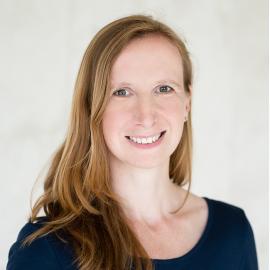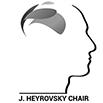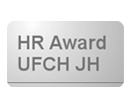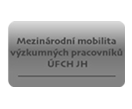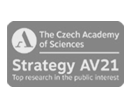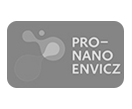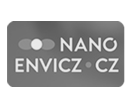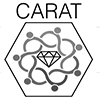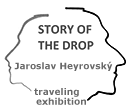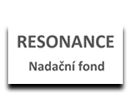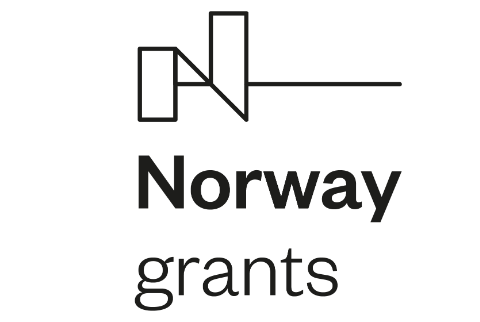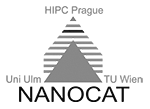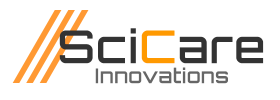The scientist Vladimíra Petráková: I like to open unknown doors
As a child, she claimed to be a film director. Today, the sympathetic long-haired Vladimíra Petráková is a successful scientist: an expert in nanotechnology. Which is a term that almost everyone knows, but mostly only superficially. She recently received a prestigious award from the Lumina Quaeruntur Academy of Sciences and is beginning new research at the J. Heyrovský Institute of Physical Chemistry. She and her husband, also a scientist, are raising four children. She is therefore living proof that a woman-mother can do the same in science as a man.
We scheduled our phone conversation in the evening. “I thought I could put children to sleep, which didn’t work out. I just gave them dinner, so they’ll go to bed later today. But it doesn’t matter”, she begins the conversation without any sign of nervousness.
Four children and science, a pandemic. You must have nerves of iron!
Not much anymore. Last year we dealt mainly with closed schools and kindergartens, my husband and I tried to work from home, but it went poorly with the children. We took turns with them and did as best we could.
That is why we welcome any lifting of restrictions as an exemption, and we are enthusiastically returning to the normal regime. Perhaps definitely.
I got a grant to start a new team, so I hire people and discuss with them the project, who will do what. We learn on the go, for example, I ordered laboratory equipment and then I had nowhere to put it. But it has already been resolved. Our institute is very nice, I’m glad I got there.
Where from?
I’m from Kladno, where I returned after a few stops elsewhere the year before. My mother was doing chemistry, but at the time of the transformation after 1989, my brother was born and she paid for the fact that she was a woman on maternity leave.
She could not continue in science, even though she has a postgraduate degree and was the best student of the year. Together with my father she then set up a computer and network management company.
I went to scout. And it’s actually similar in science: you’re still experiencing something new, smaller or bigger adventure, it takes courage and not to be afraid to go into the unknown.
Many scientists admit that they did experiments as children and destroyed linoleum floors in the kitchen, for example. You too?
I didn’t have strong interests as a child, no one would have guessed that I would be a scientist one day. Because of how it turned out with my mom, I had the common idea at the time that science and woman didn’t go together.
I went to normal classes, some sports, music, drama. And when the adults asked what I wanted to be, I replied as my father had inspired me: a film director. I enjoyed meeting interesting people. Everyone liked it, they found it unusual – but that’s the end of it.
I also went to scout and later led the scout group myself, it was great and gave me probably the most. We made up adventure expeditions, slept wildly in nature...
In science, it’s actually similar: I’m still experiencing something new, smaller or bigger adventure, it takes courage and not to be afraid to go into the unknown.
So when did science win for you?
I graduated from the Czech Technical University, Faculty of Biomedical Engineering here in Kladno. Already during my studies, at the age of twenty-one, my daughter was born. When I was looking for a job after graduating, I found that the most feasible option, so that I didn’t have to be part-time and at the same time leave my daughter till the evening in kindergarten, was to continue my doctoral studies.
I was lucky to have a great boss, thanks to whom I was able to be one hundred percent engaged and at the same time flexible. I sniffed at science – and started to have a lot of fun.
Today you are an expert in nanotechnology. Most people know the term “nano” only superficially, for example thanks to nano face masks. What can we imagine under that?
The term became visible at the turn of the century and refers to materials that are very small, the nano dimension is a billionth of a meter. In Greek, nanos means dwarf.
Just to give you an idea: in a second, your fingernail will grow by one nanometer. The strange thing is that in this dimension, materials have different properties than we are used to: opaque materials become transparent, they change colors, for example gold is not yellow, but red or blue. This opens up great possibilities.
Nanotechnology includes a group of disciplines, not just physics, chemistry or biology, but it goes across. And it deals with substances that have a nanoscale. They can be natural or artificial.
Many of them have always been there, such as dust or smog, we just couldn’t describe them due to lack of technology and couldn’t work with them. The others we had to learn to prepare in a controlled manner.
I read that in a week we eat and drink five grams of nanoplastics, which corresponds to the weight of a payment card!
That’s a rough idea. Nanoparticles are used in many places, they help to increase the sensitivity of pregnancy tests or the effectiveness of UV filters in sunscreens, micellar waters for skin cleansing have appeared.. There are nano paints that remove pollutants from the air, nanoparticles are used in monitors..
As a result, they enter the environment and we need to know what they are causing. Which ones can coexist with us and which ones not. The possibility to examine materials in miniature dimensions gives a chance to discover them, to remove harmful ones and to use them correctly.
The ease with which nano materials can enter cells is a great hope, but also a risk. This also applies to current Pfizer vaccines, where the active substance is delivered in a nano drop of fat.
Are we close to nanorobots yet?
We are not that far, but that does not mean that no progress is being made. It is true that great hopes are placed in the development of special nanorobots that would transport drugs to a precisely diagnosed place in the body.
In the Czech Republic, several scientific groups are dealing with this task. Of course, it will not be just a miniature of a robot that we can imagine.
When man flew to the moon, people also thought that they would soon colonize Mars. In the end, the benefit lay in something else, for example, the development of GPS systems thanks to satellites. It is similar to nanotechnology research.
If we want to manipulate nanoparticles, we need tools of similar dimensions. It’s as if you want to put together the smallest lego cubes in kitchen gloves.
But I personally focus on something else: the interaction of nanoparticles with proteins in the human body.
Can you explain the essence of your work?
My goal is to improve super-resolution microscopy. If we want to manipulate nanoparticles, we need aids of similar dimensions. It’s as if you want to put together the smallest lego cubes in the kitchen gloves.
The classic optical microscope is limited in the display of details. This is the so-called diffraction limit, given by the physical properties of light. This has been true for centuries. But then scientists came up with tricks to overcome this limit, which caused a revolution in imaging and brought the Nobel Prize to the discoverers.
In our group, we want to go one step further and do another trick: to allow more detail to be displayed. We therefore study how nanoparticles of metal, specifically gold or silver, interact with light and change its direction.
We want to create a small “magnifying glass”, under which the internal structure of proteins in cells, for example, can be observed in better resolution. Our magnifying glass will enlarge the image before we look at it under a microscope.
How far are you?
We start, trying to assemble gold and diamond nanoparticles using DNA as origami into pre-conceived structures that we need to connect, for example in triangles. The whole project is for five years, so I hope that we will succeed.
Proteins are involved in many processes in the cell, and if something happens to them, the cell can malfunction, causing infertility or a tumor. Once we know what’s going on with them, it will be possible to learn how to fix them.
It sounds amazing and challenging. Didn’t you hesitate to get a big family?
No, it’s always been my dream. I’m from two children, my husband too, together we wanted at least four children. The eldest Alena is fifteen years old, Jonáš is nine, Šimon is seven and the youngest Jáchym is less than two years old. Personally, I’d love to have five children, but we probably won’t make it.
Do you have any tricks to combine personal and work lines?
It’s hard, but it can work. The main thing is not to give up. Not to say: I will have children and therefore it will no longer be possible to work full time. Rather, imagine how I would decide in an ideal state, when I have babysitting available and enough money to pay for it, my partner is engaged and at work they will meet my needs.
And then figure out what to do to make that ideal state happen. Talk to your boss and your husband about it and look for a way to handle it. It’s the advice I got when I was in a difficult situation, and it helped me tremendously. Suddenly, I didn’t focus on the obstacles I had in my way, but on what I wanted and how to do it.
It is very important to get advice and help. Many mothers don’t do it, they refuse help with the naive idea that they have to handle everything on their own. It is better to arrange or accept the offered hand. This is also true in a career: ask a lot and get advice, look for opportunities.
Who helps you? Your husband, nannies, grandparents?
Especially my husband Vašek, I appreciate that he is very involved. He goes to the doctor with the children, to class meetings, he prepares snacks...
When I travel abroad for conferences, he takes over the reins completely and takes care of the whole household. In normal operation, we divide responsibilities into equal parts. We are both substitutable: in care and income, which is a huge relief for him as well, may not be the main breadwinner. We’re in this together.
We used to go like this in parallel, I stayed at home for two days and so did he. Sometimes we took the children to work. And as much as possible, we put them in kindergarten.
My husband does not understand why we should not take care of children equally. Rather, I have a feeling that something is my job, such as cleaning.
We tried a babysitter for the youngest for the first time because I went to work early, in his three months. We just moved from Germany and it just came out that way. And from the age one he attends a children’s group at the Academy of Sciences.
I encounter a negative reaction from those around me that I am a raven mother, questions arise: Why do you have children when you put them off so soon? But it suits the little one, it’s fine.
Your husband is a scientist too, isn’t he?
Yes and he has successful projects. We met at the university, he studied biomedical engineering like me. Vašek knew from the beginning what he was getting into and he supported me a lot. I don’t think he understands why he shouldn’t take care of children like me when they’re his as well. Rather, I give my family the feeling that I should do this and that, for example, I feel responsible for a tidy house before a visit. This attitude is foreign to him.
He is now fascinated by neuroscience, researching signals from neurons. But we still partially see under the hood and we talk with understanding about the other’s work.
You and your family moved to Germany for three years. Why and what was it like?
I got an interesting position there and my expectations were met beyond measure. It was there that I learned the method of supersensitive microscopy and how gold nanoparticles behave. And I brought that topic here.
My husband worked for a Czech company, so he first commuted and then had a home office. We liked it there, but my daughter wanted to continue at Czech high school, so we came back.
How is our science compared to the world, specifically Berlin? Wasn’t return a step back in your career?
Definitely not, my current conditions are certainly comparable. I hired doctoral students from all over the world on my team: Germans, Nigerians, Indians..., it would be similar in Berlin.
I also have the same financial conditions and there are amazing scientists in our institute from whom I can continue to learn. However, this situation, ie the opportunities and grants that allow young researchers to return smoothly and introduce new research, is relatively new. It can be seen that it has shifted significantly.
Also thanks to you: you are a founding member of the Czexpats in Science initiative, connecting our scientists abroad. How does it work?
When you go abroad, you solve current problems and challenges – and you lose contact with the Czech Republic. You are no longer oriented to what opportunities await you here.
This was also my case: when the need to return arose, I did not know how to do it, where to apply, because those positions were not open to people from outside. With a few colleagues, it occurred to us that it would be nice to be able to talk to someone who has a similar experience and has return already.
We held a conference and found that it resonates very much and something like that is needed. Yung scientists want to stay in touch with their country and make a contribution. An intensive ride took place, we mapped hundreds of people abroad and we are partners of various institutions in the Czech Republic. The necessary bridge was built.
Has the position of women scientists also shifted?
This is probably the only big difference which is still worse in our country. The scientific system does not count on women here. It’s not ready for the fact, that women will have kids. Abroad, women receive much more support and more flexibility.
When we arrived in Berlin, the boys were still young and I was afraid of how they would manage to adapt to the new environment. My supervisor reassured me that they were counting on it and had the funds to do it: I was given an assistant student to help me with routine laboratory tasks so I wouldn’t have to interrupt experiments when children needed to be picked up early or when they were ill.
As a result, everyone was satisfied. The university had research, the assistant student gained experience and I didn’t have to stress.
The mechanisms set up to support women also worked for other life situations. Thanks to that, I felt that I belonged in science as a woman. I still miss that here.
Can you find time for yourself?
I am just interested in working around Czexpats, they are great active people and we are friends with many of them. My family and I like to go on long trips on bikes with a tent and sleeping bags. We like to be in nature as much as possible, children go to scouts...
We live in a small house with a garden where I try to grow tomatoes and plant flowers. I didn’t tend to do it before, but I really enjoy it. Contact with clay, physical work, that probably means the greatest relaxation for me.
I also sang in a choir in Germany, and when I can, I want to find something similar here. And I need to run more, then I feel better. Six years ago, Vašek and I ran a half marathon which I probably wouldn’t be able to do today. I have to get back to it.
What else do you dream of?
I’m looking forward to the children being able to play better on various instruments they go to folk art school, maybe they start a band and we’ll play music together. But I don’t force them to do anything, I let them choose what they want to try, mainly so that they are happy.
For example, my daughter claims that she will never be a scientist, she sees how difficult it is. My sons, on the other hand, want to be scientists and discover something amazing. We’ll see...
Where would you like me to meet you in ten years?
I may not even be in the Czech Republic but somewhere abroad. Of course with the whole family. I would be tempted to try a new research topic, to address nanotechnology from a completely different perspective. I like to open unknown doors.
Source: Novinky.cz https://www.novinky.cz/zena/styl/clanek/vedkyne-vladimira-petrakova-rada-oteviram-nezname-dvere-40364692
Author of the text: Klára Říhová, Právo
Photo: Jan Handrejch, Právo
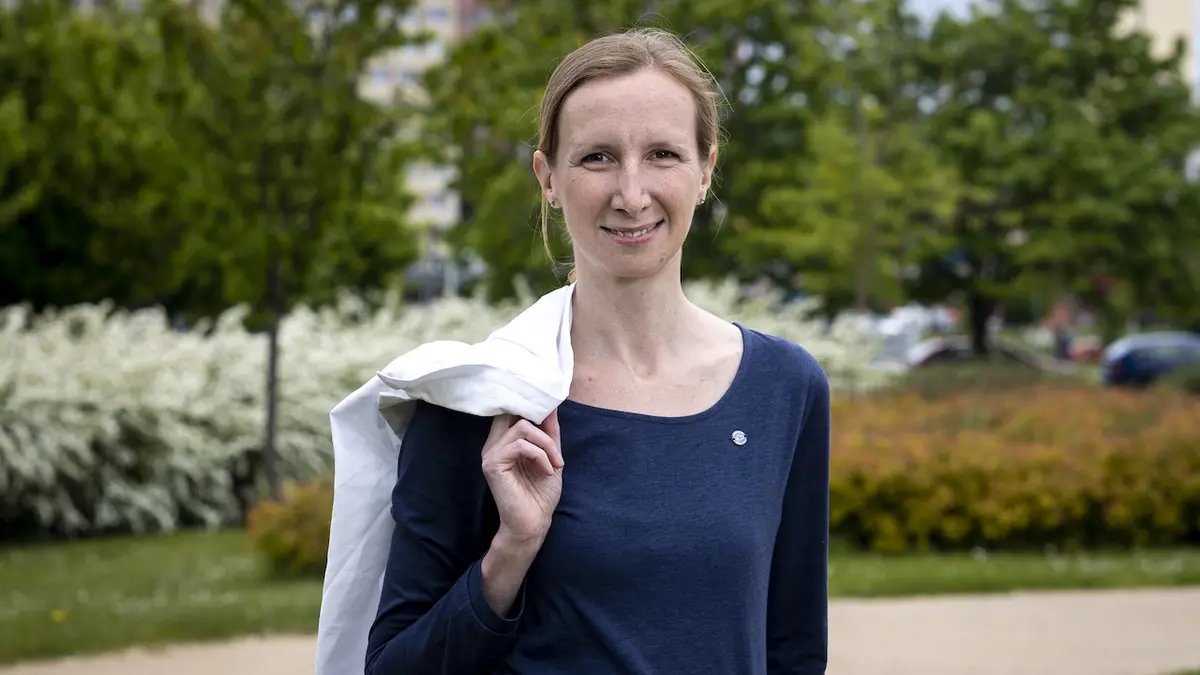
Vladimíra Petráková Foto: Jan Handrejch, Právo
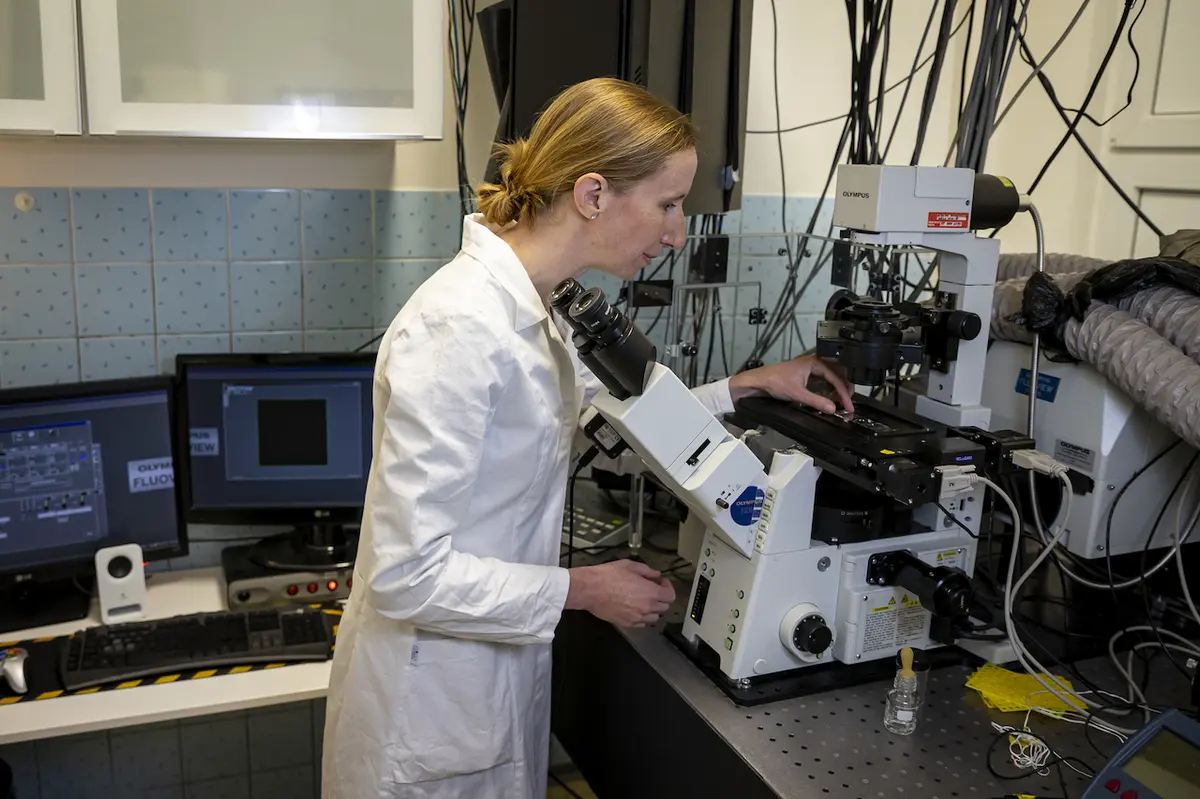
Práci v laboratoři střídá Vladimíra s home office.
Foto: Jan Handrejch, Právo
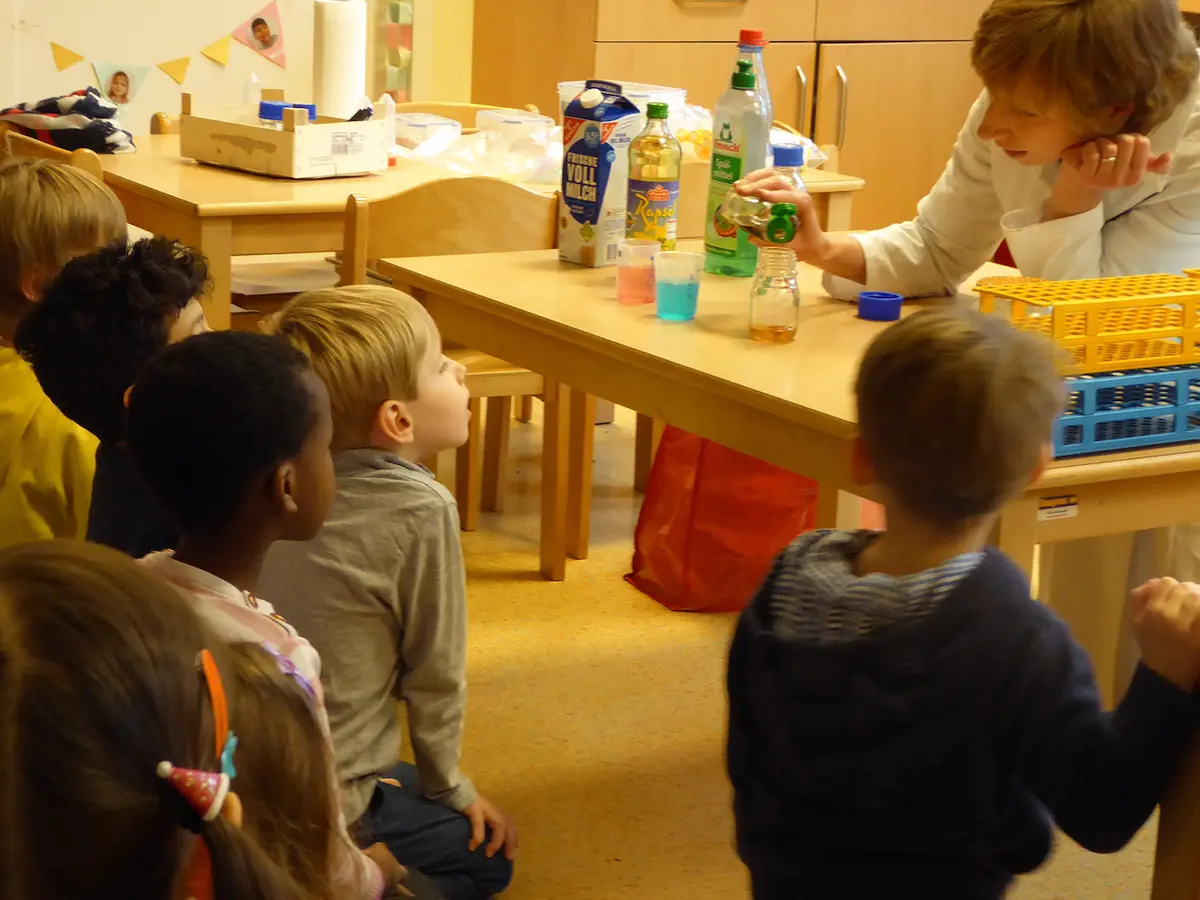
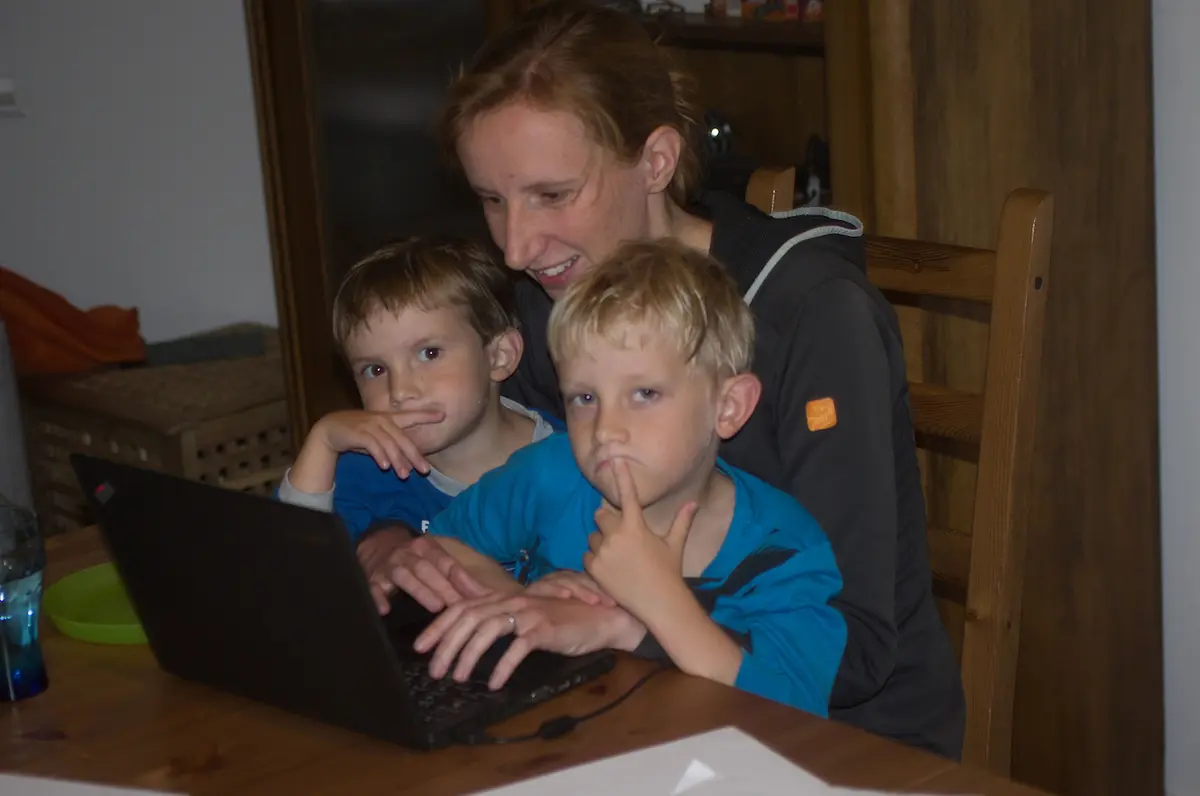
Snaha o práci s dětmi.
Foto: archiv Vladimíry Petrákové
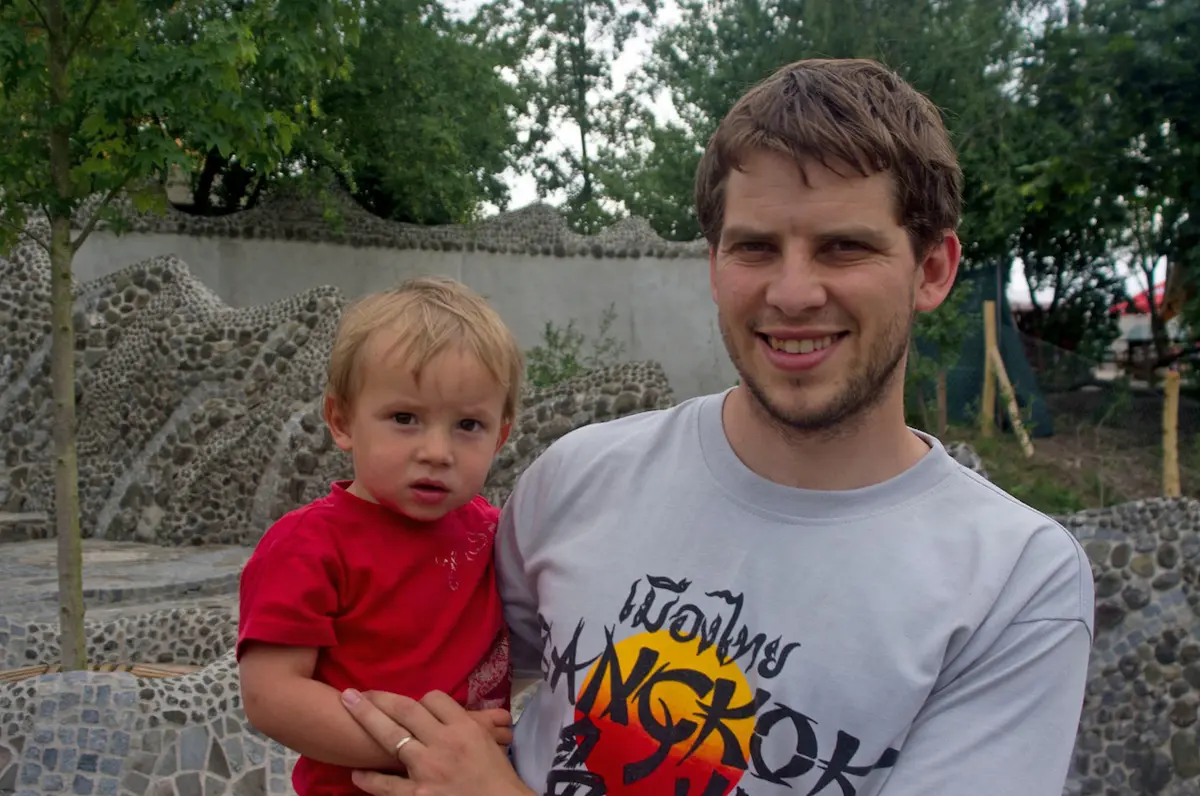
„Je opravdu možné, aby dva lidé dělali vědu na vysoké úrovni, vychovávali čtyři děti a všichni byli spokojeni,“ shodují se manželé Petrákovi.
Foto: archiv Vladimíry Petrákové
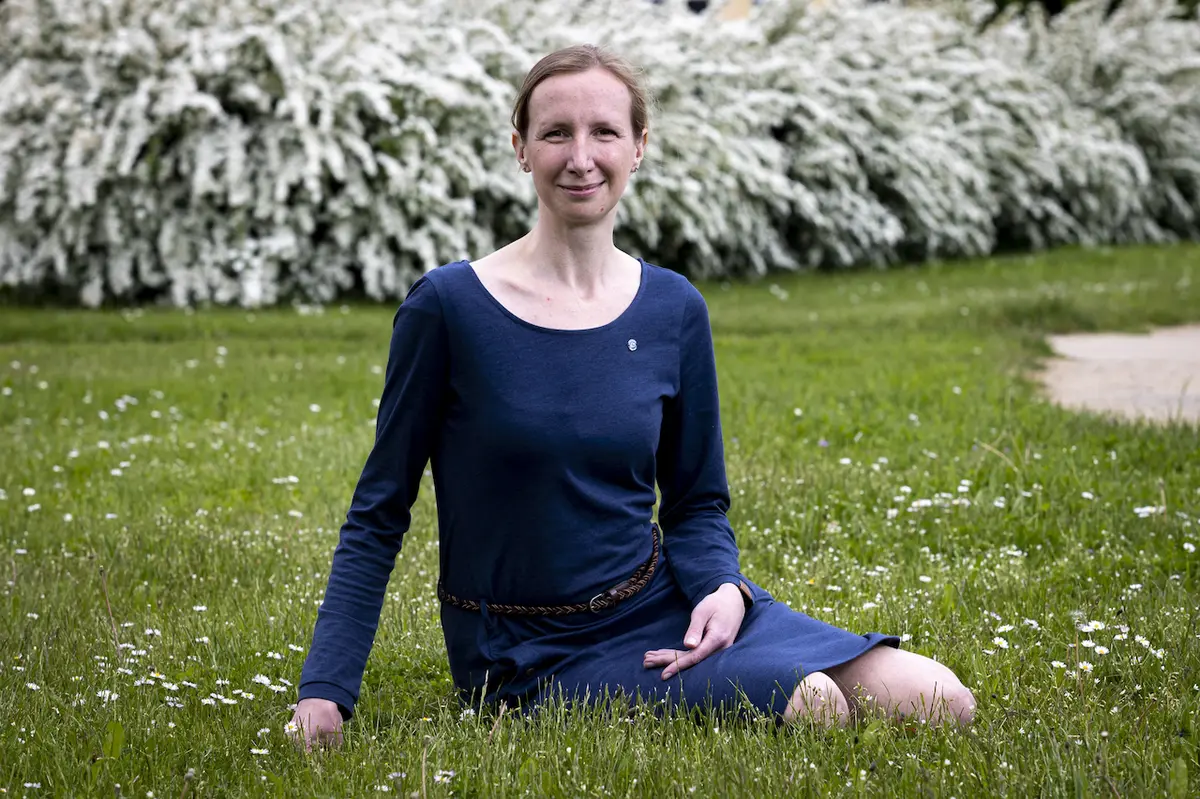
„Vědecký systém tady s ženami nepočítá. Není dost připravený na to, že budou mít děti. V zahraničí dostávají ženy mnohem větší podporu a mají více flexibility,“ říká Vladimíra Petráková.
Foto: Jan Handrejch, Právo
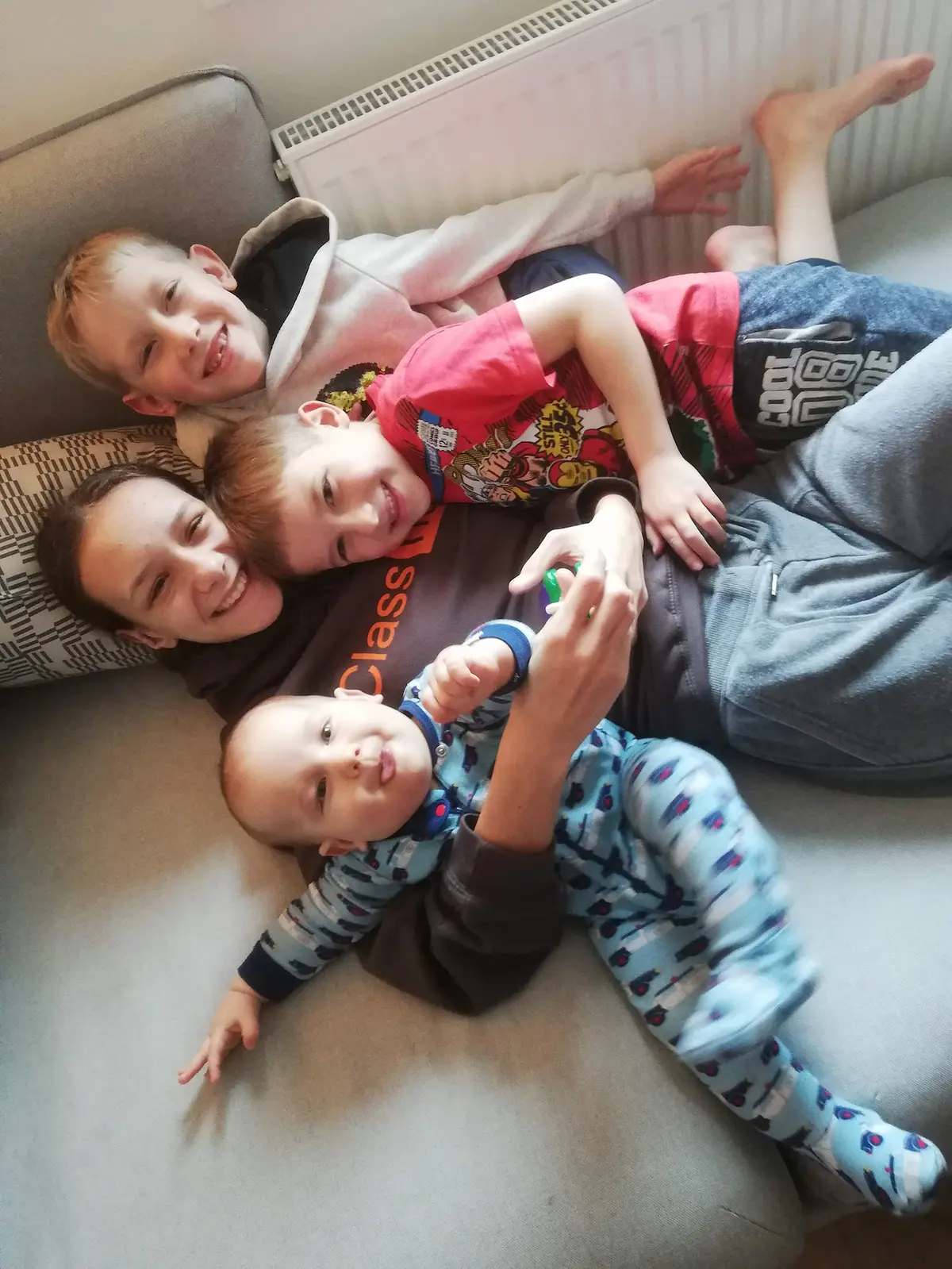
„Dcera tvrdí, že nikdy nebude vědkyně, vidí u nás názorně, jak je to složité. Synové naopak chtějí být vědci a něco úžasného objevit. Uvidíme...“
Foto: archiv Vladimíry Petrákové
doc. Ing. Petráková Vladimíra Ph.D.
 jh-inst.cas.cz
jh-inst.cas.cz


